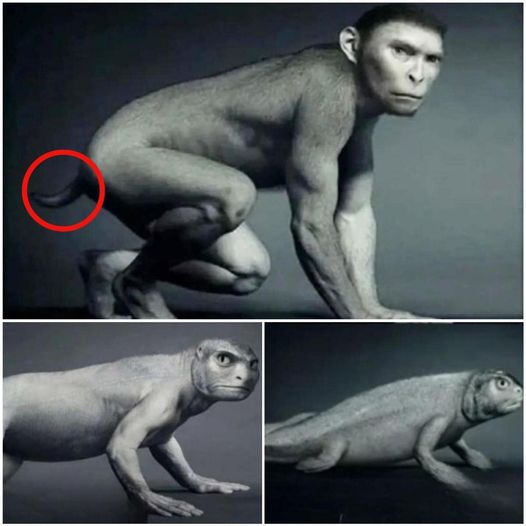
Human evolution is a vibrant and complex story, marked by change and adaptation over millions of years. From our primitive, ape-like ancestors to the development of modern civilization, this journey has seen profound changes in our physical structure, intellectual abilities, and social organization. To understand this evolution better, we need to review the major phases that have shaped humans into what we are today.
1. Early Ancestors: Australopithecus and Homo habilis
The earliest phase in human evolution began around 4 million years ago with the appearance of Australopithecus, one of our closest ancestors. These creatures were capable of walking upright on two legs, a significant step in the evolutionary process. Australopithecus is the ancestor of Homo species, including Homo habilis, the first humans known to create simple tools.
2. From Homo erectus to Homo sapiens
Homo erectus, which lived about 1.9 million years ago, marked a major evolutionary advancement. This species was able to use fire, create more complex tools, and migrate out of Africa, spreading to regions such as Asia and Europe. The next evolutionary step was the emergence of Homo sapiens, modern humans, around 300,000 years ago. Homo sapiens not only possessed superior intelligence but also developed social skills, art, and language.
3. Development of Civilization and Technology
The development of Homo sapiens led to the establishment of early civilizations such as Mesopotamia, Ancient Egypt, and others. Technological advancements, from stone tool creation to the invention of metal tools, significantly changed human lifestyles and led to important societal developments.
4. Biological and Social Evolution in the Modern Era
In the 21st century, human evolution is not only occurring biologically but also socially and technologically. While human genes have changed little in recent millennia, advancements in medicine, technology, and science have transformed how we live and interact. We are currently in the midst of a technological revolution, where artificial intelligence and new technologies are reshaping our understanding and interaction with the world.
The evolution of humans is a long and rich journey, reflecting continuous changes in both biology and society. From our earliest ancestors to modern advancements, each stage in this evolutionary process has contributed to shaping us into who we are today. Understanding evolution not only helps us better grasp our past but also opens up new opportunities to explore our future. As we continue to explore and develop, we may witness further significant advancements in our own evolutionary journey.
